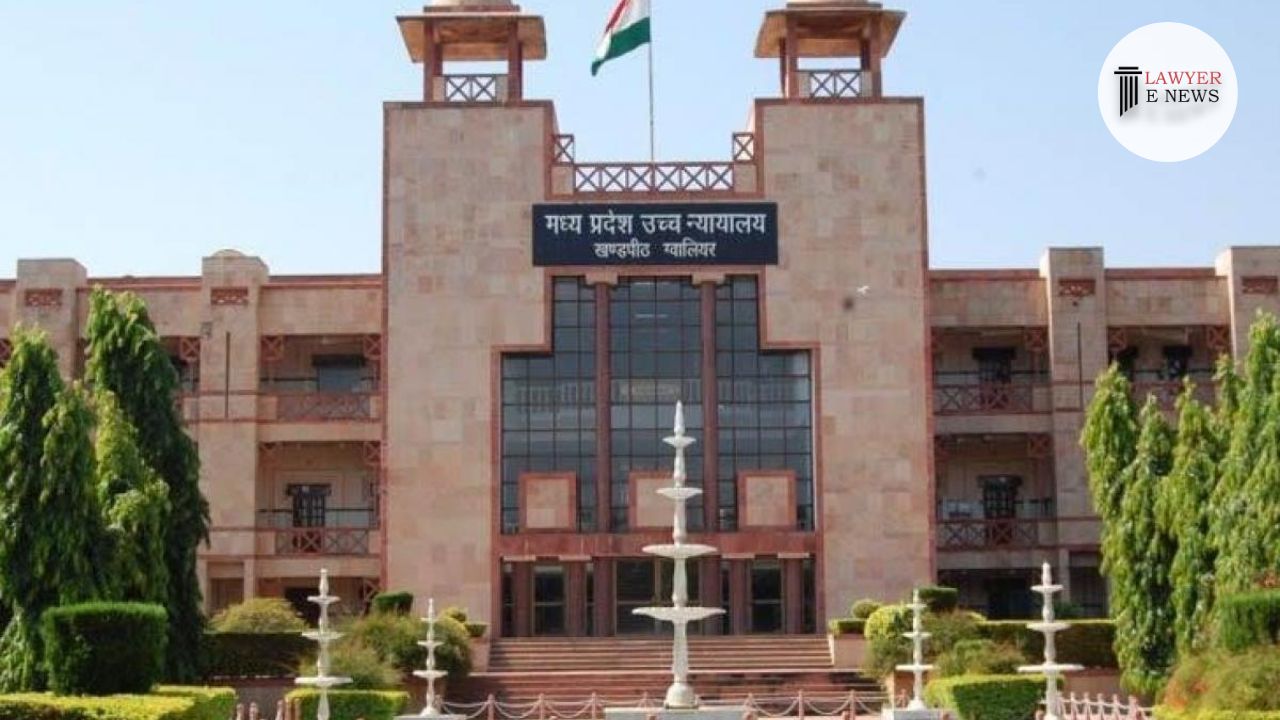-
by Admin
20 February 2026 4:14 AM



In a landmark judgment, the High Court of Madhya Pradesh has clarified that lawsuits instituted against deceased individuals are a "nullity" from their inception. The ruling, delivered by Justice Pranay Verma, came in response to a revision under Section 115 of the Civil Procedure Code (CPC) filed by plaintiffs seeking to withdraw a lawsuit and institute a fresh one after discovering that it had been initiated against deceased defendants.
The judgment emphasized the importance of the provisions of Order 23 Rule 1(3) of the CPC in cases involving the filing of suits against deceased individuals. Justice Pranay Verma stated, "A suit instituted against a dead person believing him to be alive on the date of filing of the suit but later on being discovered that he has already expired is a nullity since the very inception."
The court further explained that such suits should be treated as if they were never instituted at all, and therefore, the principle of substitution of legal representatives is impermissible in such cases. As a result, the plaintiffs were granted permission to withdraw their original suit with the liberty to file a fresh one on the same cause of action.
This ruling reaffirms the legal position that the filing of a lawsuit against deceased individuals is a formal defect and falls under the purview of Order 23 Rule 1(3) of the CPC. The judgment cited precedents from various High Courts and Supreme Court decisions, including V. Rajendran and Another V/s. Annasamy Pandian (2017) 5 SCC 63 and Indana International Limited V/s. Santana Miguel Fernandis and Another (2007) SCC OnLine Bom. 381, to support this interpretation.
The judgment has significant implications for future cases involving similar circumstances, providing clarity on the legal status of such lawsuits and the rights of plaintiffs to seek withdrawal and institute fresh suits.
Advocates Shri Aditya Goyal, representing the caveator/respondent No.8, and Shri Rajwardhan Gawde, Government Advocate for the State of M.P., were involved in the case.
Date of Decision: 09.10.2023
STATE OF M.P. vs DEWAS, DIST. DEWAS (MADHYA PRADESH)
